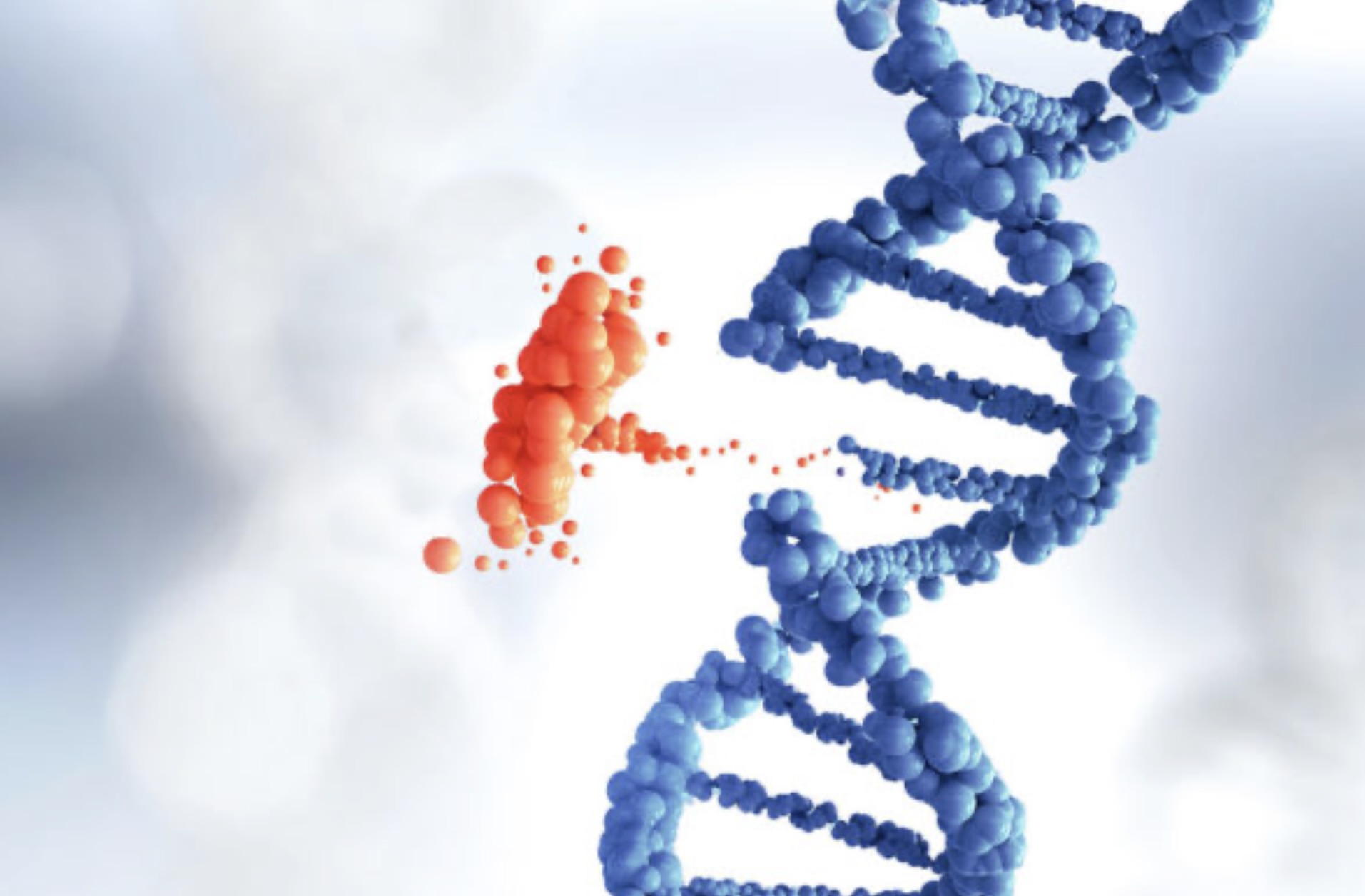Facio-Scapulo-Humeral Dystrophy: Symptoms, Causes, Treatment
What are the symptoms of facio-scapulo-humeral dystrophy?
Facioscapulohumeral muscular dystrophy (FSHD) is a genetic muscle disorder that primarily affects the muscles of the face (facio-), shoulders (scapulo-), and upper arms (humeral). Symptoms of FSHD can vary widely among affected individuals, but some common signs and symptoms include:
- Progressive weakness and loss of muscle mass, typically starting in the face and shoulders and later affecting the upper arms and legs.
- Difficulty with activities requiring shoulder and arm strength, such as lifting objects or reaching overhead.
- Facial weakness or asymmetry, including difficulty smiling or closing the eyes fully.
- Shoulder blade (scapular) winging, where the shoulder blades stick out prominently.
- Hearing loss in some cases, due to involvement of the inner ear muscles.
- Respiratory muscle weakness, which can lead to breathing difficulties in severe cases.
- Foot drop or other gait abnormalities.
- Pain or discomfort, which can be a prominent feature in some individuals.
The age of onset and rate of progression of FSHD can also vary. Some individuals may experience symptoms in childhood or adolescence, while others may not develop symptoms until later in adulthood. If you experience symptoms of FSHD, consult your healthcare provider. FSHD is caused by a genetic mutation that affects the regulation of muscle gene expression. It is inherited in an autosomal dominant pattern, which means that a person only needs one copy of the mutated gene to develop the disorder.
What are the causes of facio-scapulo-humeral dystrophy?
Facioscapulohumeral muscular dystrophy (FSHD) is caused by a genetic mutation that affects the regulation of muscle gene expression. In most cases of FSHD, the mutation occurs in a region of DNA called the D4Z4 repeat on chromosome 4. This region contains a repeated sequence of DNA that is normally present in 11 to 100 copies. In individuals with FSHD, the number of repeats is reduced to fewer than 11 copies (most commonly 1-10 repeats). This reduction in the number of repeats is associated with the development of FSHD.
The exact mechanism by which the reduced number of D4Z4 repeats leads to muscle weakness and other symptoms of FSHD is not fully understood. However, it is thought that the reduced number of repeats may result in the inappropriate expression of genes involved in muscle development and function. This abnormal gene expression may lead to the progressive muscle weakness and degeneration characteristic of FSHD.
In some cases, FSHD can also be caused by mutations in other genes, such as the SMCHD1 gene, which is involved in the regulation of gene expression. These cases are less common and are known as FSHD type 2.
FSHD is inherited in an autosomal dominant pattern, which means that a person only needs to inherit one copy of the mutated gene from one parent to develop the disorder. In some cases, FSHD can also occur sporadically, meaning that there is no family history of the disorder and it is caused by a new mutation in the affected individual.
What is the treatment for facio-scapulo-humeral dystrophy?
Currently, there is no cure for facioscapulohumeral muscular dystrophy (FSHD), and treatment focuses on managing symptoms and improving quality of life. Some approaches that may be used in the management of FSHD include:
- Physical therapy: Physical therapy can help maintain muscle strength and flexibility, improve mobility, and prevent contractures (shortening of muscles or tendons).
- Occupational therapy: Occupational therapy can help individuals with FSHD learn techniques to conserve energy and perform daily activities more easily.
- Assistive devices: Devices such as braces, orthotics, or mobility aids may be recommended to help with walking, standing, or performing other activities.
- Speech therapy: Speech therapy may be beneficial for individuals with FSHD who experience facial weakness or difficulty with speech or swallowing.
- Respiratory care: In advanced cases of FSHD, respiratory muscle weakness can occur, and respiratory support may be needed.
- Pain management: Medications or other strategies may be used to manage pain associated with FSHD.
- Genetic counseling: Genetic counseling may be recommended for individuals with FSHD and their families to understand the inheritance pattern and risks of passing the condition to future generations.
Researchers are actively studying FSHD to better understand its underlying causes and develop potential treatments. Clinical trials of new therapies are ongoing, including trials of potential gene therapies and other approaches aimed at slowing the progression of the disease or improving muscle function.




